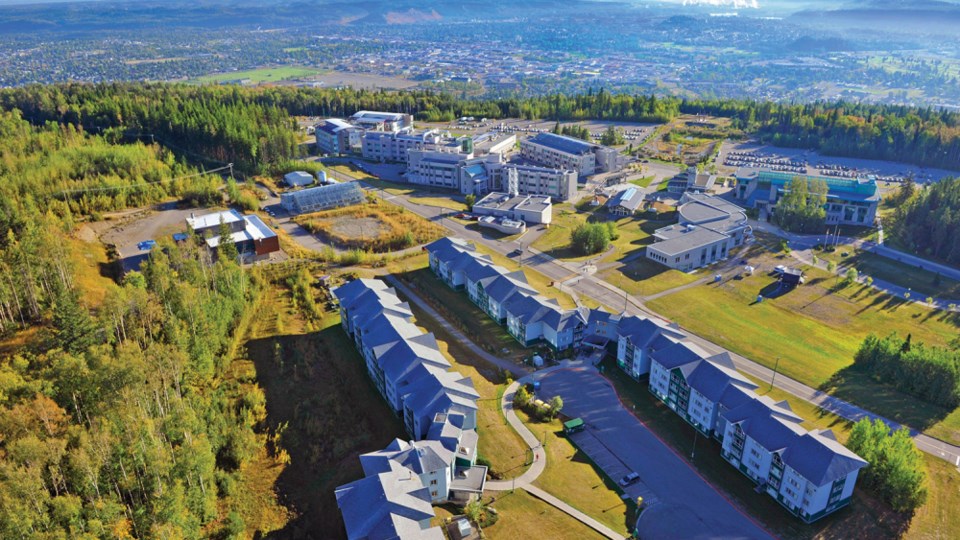UNBC is receiving $255,000 from a new provincial investment toward graduate scholarships for students.
It's a piece of a $3.75-million pie being distributed by the B.C. government to 10 public post-secondary institutions, announced by Advanced Education and Skills Training Minister Anne Kang this morning (March 30).
"Government is breaking down barriers to affordable, accessible post-secondary education in all regions of the province so students can focus more on excellence in education rather than making ends meet," she said.
"The B.C. Graduate Scholarships support our next generation of researchers, innovators and leaders by increasing affordability for our best graduate students and keeping the talent pool in B.C."
The scholarships are merit-based with a focus on students in research-based degrees in science, technology, engineering and mathematics (STEM).
Other disciplines including professional programs, such as business administration and health, are also eligible.
These scholarships are set to be administered by the institutions, enabling them to attract the best and brightest graduate students and increase their ability to compete for students who are leaders in their field.
The province says the scholarships build on a fundamental shift toward affordability and opening doors to post-secondary education in B.C.
Since government eliminated interest on student loans in 2019, graduates throughout the province have saved approximately $40 million in interest payments alone.
The new BC Access Grant provides low- and middle-income students with up to $4,000 a year for full- and part-time studies, nearly doubling the number supported by previous grant programs to more than 40,000 students annually.
This program means students moving into graduate studies will have less debt than previous generations and increases eligibility to reduce barriers and make sure more people are able to access the skills they need for the jobs of the future.
The investment will also support 250 awards with a minimum of $15,000 each over the next two years.





